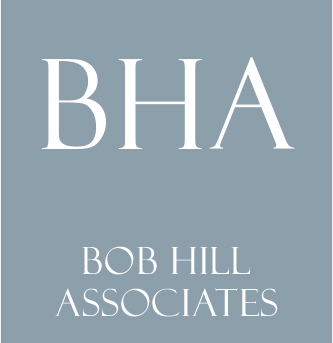Being more strategic with our Curriculum Planning is something we have all paid lip service to for many years.
However, with the Apprentice changes coming into effect after next month and confirmation in the budget yesterday of the full adoption of the Sainsbury recommendations starting in 2019-20, the time for talking is over. Taking a strategic approach to curriculum planning has moved from a “good to do” to a “have to do”! I am not just talking about what you deliver, critical as it is. With the introduction of the T levels for 16-19 year olds Colleges will also need to fully consider “how” they deliver the curriculum. Providers should at least be asking the following:
- What curriculum should we be expanding and what should we be rationalising to provide the skills required by our local market place?
- Is our offer driven by local employer needs?
- What are we good at and which of the Sainsbury routes are we going to “major” on?
- What are the synergies with the new Apprentice standards and how do we take advantage of these?
- How are we going to deliver 900 hours to students who are currently getting little more than 540?
- What will the “common core” look like and how will we deliver this to maintain the cost base?
- How will we best manage the enhanced work experience element; does it require a different approach and resource definition?
“We have a strategic plan” I hear you cry. Yes, but what mechanisms do you have in place to give this real traction and ensure it is driven from the ground up? How are your curriculum managers supported in doing this and what tools do they have to help them address the above questions? For competitive positioning and predictive labour market information (LMI) many providers have the RCU “Vector” and the Emsi “analyst” tool both of which are excellent in what they do. The perennial problem with these tools is that they are purchased and not effectively used in College. There is also little out there to prompt providers to look at how the curriculum is delivered and bring all the relevant information together. It’s a process and training issue.
Whether you are developing a “strategic commissioning framework”, a “sustainable” curriculum plan or a three year curriculum plan there are consistencies or common themes which run through the work and need to be applied.
- Invest in time and start early, April, post the detailed planning round is a good time which will then inform your year +1 curriculum;
- Define and disseminate a simple process which aligns with the detailed planning process;
- Develop clear and simple tools for helping managers to review the different information required to have a clear view and make informed decisions. I have found that adopting the “A3 thinking” approach developed by Lean practitioners is useful;
- Consider all modes of delivery together, including the Apprentice and higher level offers;
- Identify and if necessary invest in labour market information, including that which is available from your own sales/business development team – remember being more employer focussed is the name of the game;
- Make sure you fully consider how the curriculum is delivered including medium term implications for skills and resources; and,
- Keep it simple.
So, to recap, it’s about approach, process, tools to do the job and training. At Bob Hill Associates we are currently working with several Colleges, all “good” to “outstanding”, to further develop their approach to addressing these key questions and developing a “strategic commissioning framework” and longer term curriculum plan. We think we are developing some pretty exciting stuff so why not join this “forward thinking” crowd.
Interested? Give me a call or e-mail me for a chat about what we can and are doing. Contact details below.
Mobile: 07802 883466
Cobblestones,
Pepper Street,
Christleton,
Chester, CH3 7AG
01244 330177
07802 883466 (mobile)
